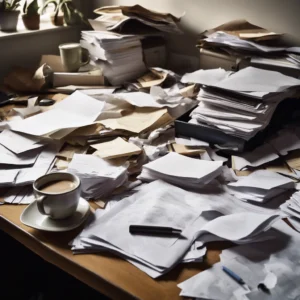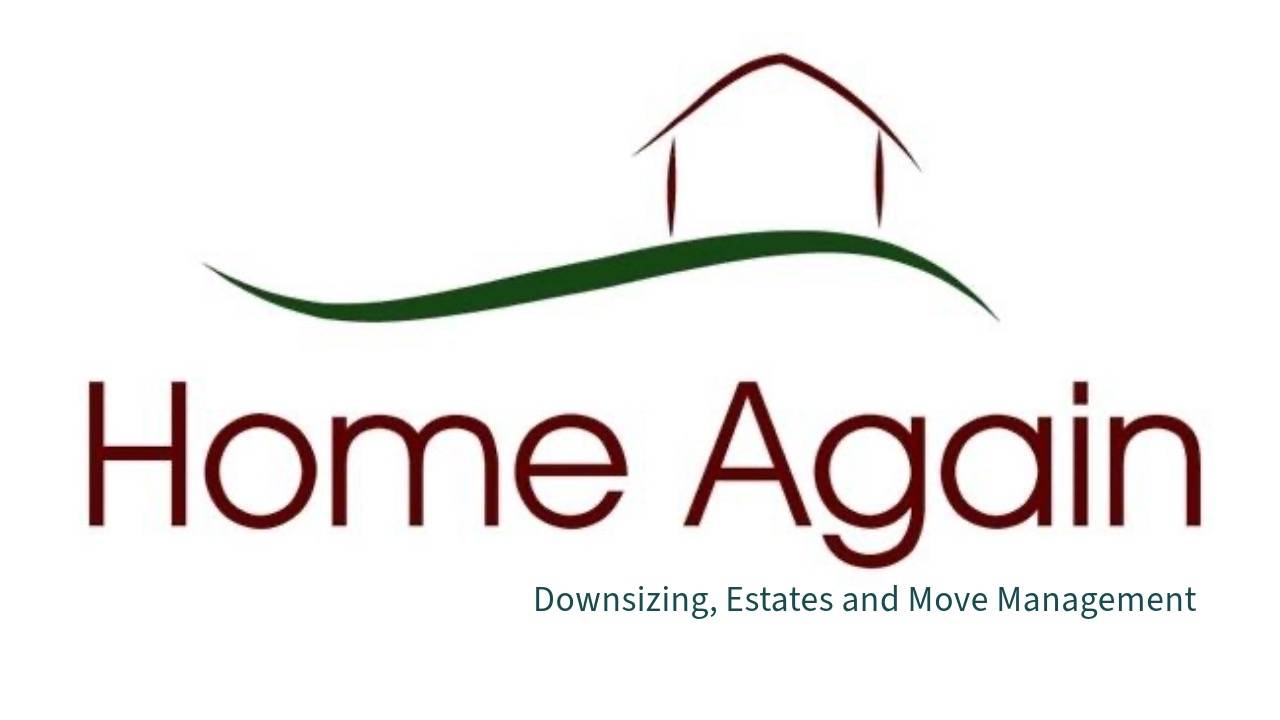
How to Deal with Outdated Paperwork: What to Keep, What to Toss, and What to Shred
If you’re downsizing, chances are you’ve come across boxes or drawers full of outdated paperwork. Managing paper clutter is a common challenge faced by our clients. Whether you’re preparing for a move, clearing out an estate, or just trying to simplify your life, it’s important to know which documents to keep, what can be safely discarded, and what must be shredded.
Here’s a guide to help you sort your paperwork with confidence.
🗂️ What Paperwork You Should Keep
Keep these essential documents indefinitely or according to their recommended timeframes:
-
- Legal documents: Wills, power of attorney, birth certificates, marriage/divorce papers, citizenship documents, and court records.
-
- Property records: Deeds, titles, and mortgage documents until the property is sold, plus 6 years.
-
- Tax returns: Keep personal and business tax returns and supporting documents for 7 years
-
- Medical records: For insurance claims and ongoing care, keep personal medical histories, prescription records, and insurance policies.
-
- Pension and retirement records: Including CPP, OAS, private pensions, and RRSP/RRIF account summaries.
-
- Investment and financial account records: Save annual summaries, especially those showing contributions or withdrawals.
-
- Receipts for major purchases and home improvements: Useful for warranties, resale value, and insurance claims.
🗑️ What You Can Safely Dispose Of:
Paper builds up quickly, and not everything needs to stick around. Most people store more than they need. You can confidently discard the following:
-
- BC Tel bills from 1987 (just kidding)
-
- Manuals (most can be found online)
-
- Outdated utility bills and bank statements (if over 1 year old and not tax-related)
-
- Old pay stubs (once your T4 or final tax documents are verified)
-
- Outdated insurance policies
-
- Junk mail, flyers, and promotional materials
🔒 What Needs to Be Shredded:
To protect your privacy and prevent identity theft, any documents that include personal or financial information should be securely shredded. This includes:
-
- Documents with your Social Insurance Number (SIN)
-
- Anything with your signature
-
- Tax records
-
- Credit card and bank statements
-
- Insurance policies with personal data
-
- Medical records with identifying information
-
- Old ID cards, passports, or licenses
Home Again offers secure shredding and document disposal services as part of our downsizing and estate clearing process. We ensure that sensitive paperwork is handled safely and responsibly.
Final Tips for Paperwork Organization
-
- Digitize important records: Scan and store backup copies in secure cloud storage or on an external hard drive.
-
- Consider fire-safe storage: Especially for originals like wills and property deeds.
-
- Do a yearly paper audit: Prevent clutter from piling up by reviewing your files annually.
Decluttering paperwork is a small task that can have a big impact on your peace of mind. If you need help sorting, organizing, or disposing of documents during a move or while dealing with an estate, Home Again is here to help.




